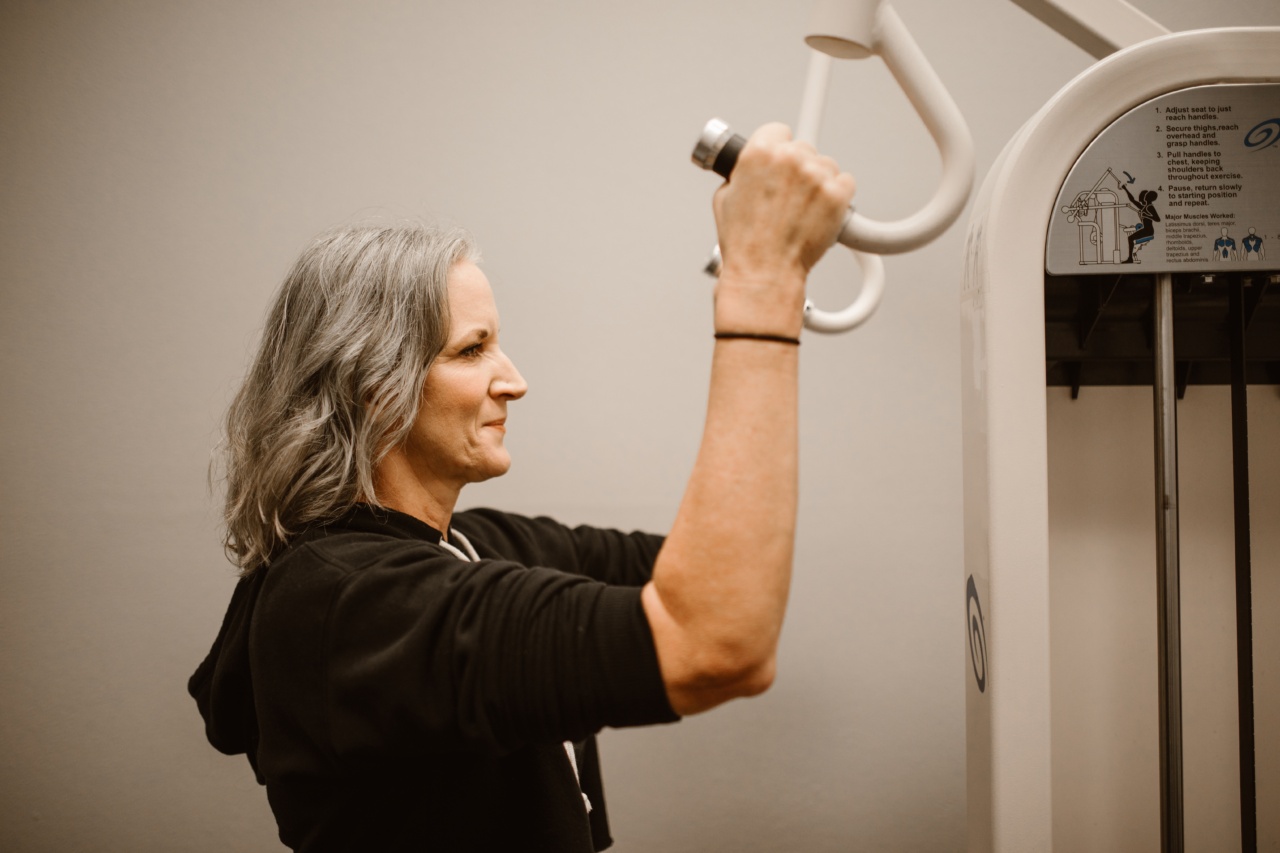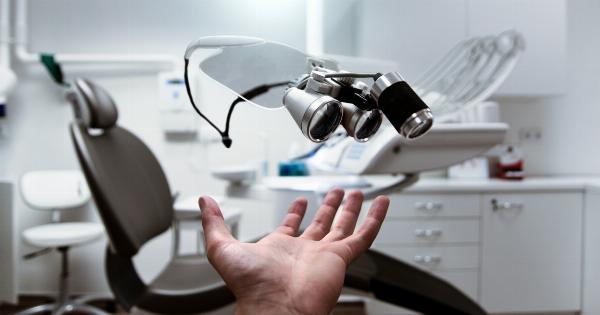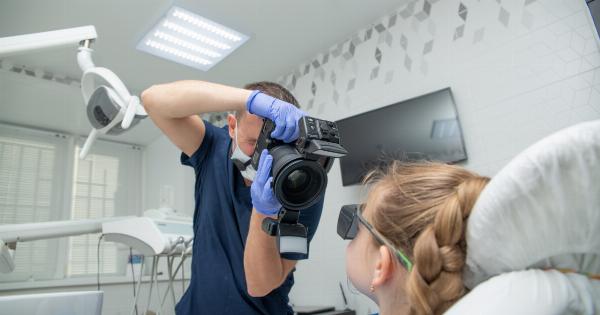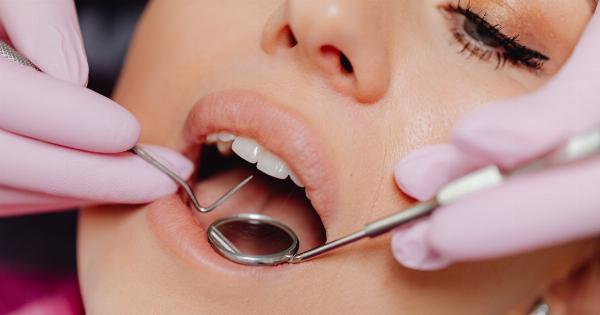If the thought of visiting the dentist fills you with anxiety and fear, then you are not alone. Dental anxiety is a common problem that affects many people of all ages.
The good news is that there are strategies you can use to overcome your fear and have a positive dental experience. In this article, we will explore the reasons behind dental fear and provide practical tips to help you get over it.
Understanding Dental Fear
Dental fear, also known as odontophobia or dentophobia, can stem from various causes. Some of the common reasons include:.
- Past traumatic dental experiences
- Fear of needles or injections
- Feeling of loss of control
- Anxiety about potential pain or discomfort
- Embarrassment or self-consciousness about the condition of your teeth
How to Overcome Dental Fear
1. Acknowledge and Understand Your Fear.
The first step in overcoming dental fear is to acknowledge and understand it. Recognize that your fear is valid and that many people experience similar feelings. By understanding the root cause of your fear, you can begin to address it effectively.
2. Choose the Right Dentist.
Find a dentist who specializes in treating patients with dental anxiety. Look for a dentist who is known for their gentle approach and patient-centered care.
You can read reviews and ask for recommendations from friends or family members to find a dentist who is experienced in working with anxious patients.
3. Communicate Your Fears.
Don’t hesitate to communicate your fears and concerns with your dentist and their staff. Let them know about your anxiety, past experiences, and specific triggers that make you anxious.
A good dentist will take the time to listen to you and develop a treatment plan that suits your needs.
4. Build Trust and Establish Control.
Building trust with your dentist is crucial in overcoming your fear. Take the time to discuss the treatment plan and ask any questions you may have.
Establishing a signal with your dentist, such as raising your hand if you need a break, can help you feel more in control during the appointment.
5. Use Relaxation Techniques.
Practice relaxation techniques such as deep breathing, meditation, or listening to calming music before and during your dental visit. These techniques can help you relax your mind and body, reducing your anxiety levels.
6. Distract Yourself.
Bring headphones and listen to your favorite music or an audiobook during the dental procedure. This can divert your attention and help you focus on something other than your fear.
Some dental offices even offer TVs or virtual reality headsets to provide additional distractions.
7. Consider Sedation Dentistry.
If your fear is severe or if you require extensive dental work, you may consider sedation dentistry. Various sedation options are available depending on your level of anxiety and the complexity of the treatment.
Talk to your dentist about whether sedation dentistry is a suitable option for you.
8. Gradual Exposure.
If your fear is intense, you can start by visiting the dental office for non-invasive procedures such as a cleaning or check-up. Gradually expose yourself to more involved dental treatments as your comfort level increases.
9. Seek Professional Help.
If your dental fear is overwhelming and affecting your oral health, consider seeking professional help. A therapist or counselor who specializes in anxiety disorders can assist you in addressing and managing your fear.
10. Maintain Good Oral Hygiene.
Lastly, practicing good oral hygiene at home can help you feel more confident about your dental health.
Regular brushing, flossing, and attending routine dental check-ups can prevent dental issues from escalating, reducing the need for extensive procedures.
Conclusion
Dental fear is a common issue that can prevent individuals from seeking proper dental care. However, with the right strategies and support, it is possible to overcome dental fear and have a positive experience at the dentist.
Remember to acknowledge your fears, choose a supportive dentist, communicate your concerns, and utilize relaxation techniques. By taking these steps, you can conquer your dental anxiety and prioritize your oral health.























